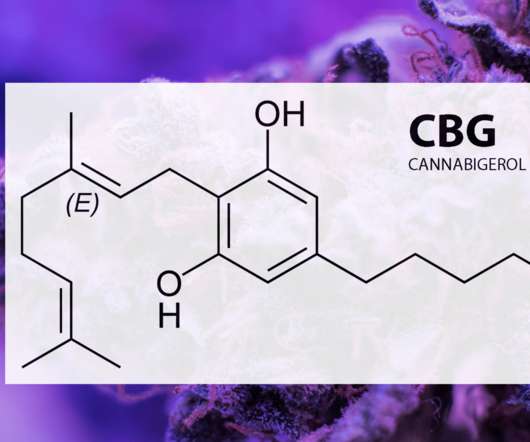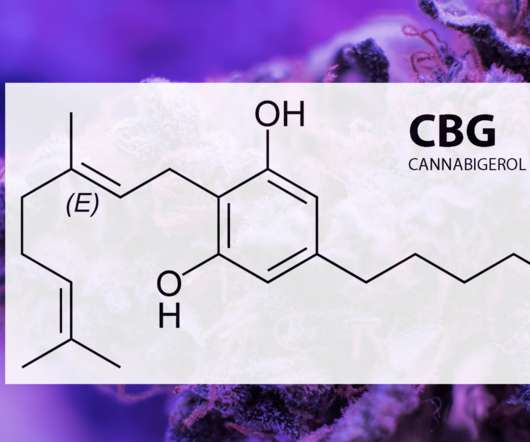THC Improves Gastrointestinal Symptoms, Finds Case Report
The Joint Blog
MAY 10, 2020
According to a new case report, the daily administration of synthetic oral THC (dronabinol) is associated with an improvement in gastrointestinal symptoms in a patient with CIPO (chronic intestinal pseudo-obstruction). term parenteral nutrition in most cases.



















Let's personalize your content